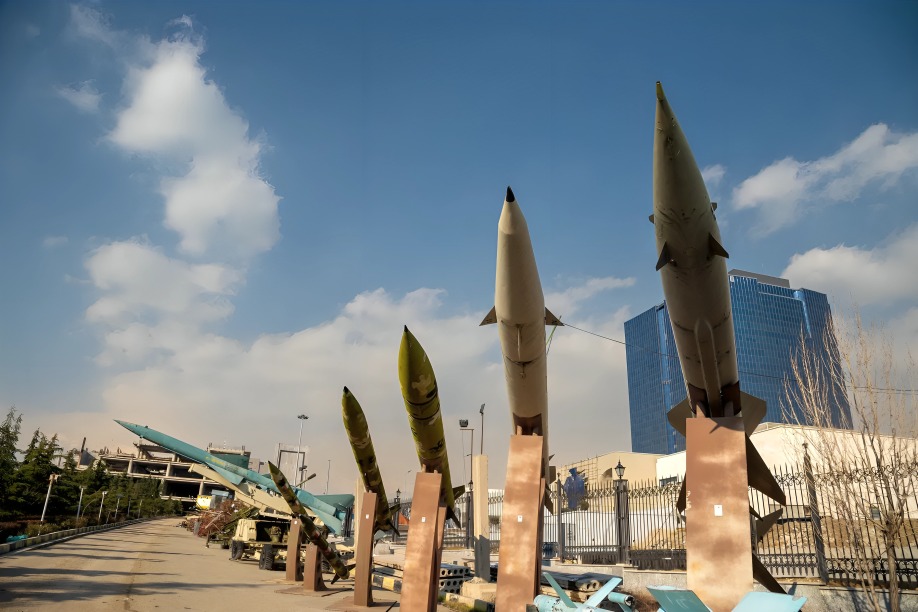


Barran Press
On September 30, 2024, an American official expressed concerns regarding the possibility of Russia supplying missiles to Yemen's Houthi movement, warning that this could exacerbate instability in the Middle East. According to Bloomberg, U.S. Special Envoy for Yemen Tim Lenderking highlighted the issue, stating, "This is a matter of concern for us," when asked about reports of Russia negotiating to deliver advanced Yakhont anti-ship missiles to the Houthis.
Lenderking emphasized that any arms cooperation between the Houthis and Russia would have a profoundly destabilizing impact. The Houthis, who are backed by Iran, have increasingly targeted shipping in the Red Sea since late 2023 in response to the ongoing Israeli conflict in Gaza.
Despite U.S. and allied airstrikes aimed at deterring their actions, the Houthis have shown no signs of retreat. Notably, they sank a vessel using a maritime drone for the first time in June, prompting many shipping companies to reroute their vessels to avoid the area, resulting in significantly higher insurance costs.
The Bloomberg report noted that on September 29, Israel bombed the port of Hodeidah and several power stations following a series of Houthi attacks in central Israel.
Additionally, Bloomberg referenced a Reuters report indicating that Russian and Houthi representatives have held at least two meetings in Tehran this year, with more discussions planned, according to two regional officials. The Russian Defense Ministry did not respond to an email request for comment.
In related developments, Russian President Vladimir Putin warned that Moscow could provide long-range weapons to those targeting Western interests if the U.S. and its allies allow Ukraine to launch attacks within Russian territory. Ukrainian President Volodymyr Zelensky has urged his supporters to lift restrictions on the use of weapons provided to his military, although he has yet to receive approval.
Putin recently intensified his threats, stating that Moscow would reconsider its nuclear doctrine to include responses to "aggression" from non-nuclear states supported by nuclear powers.
Regarding the Yakhont missile, Bloomberg described it as a supersonic anti-ship missile with a range of 300 kilometers. Access to such weaponry would significantly enhance the Houthis' ability to threaten U.S. and allied warships in the region, as well as to target land-based objectives in Saudi Arabia, according to Fabian Hentz, an expert at the International Institute for Strategic Studies in London.
In July, Russia reportedly halted plans to supply the Houthis with missiles and other military equipment after Saudi Arabia persuaded the Kremlin not to proceed, according to CNN.
Lenderking's remarks suggest that the Houthis' ongoing attacks on shipping in the Red Sea pose a significant challenge to efforts aimed at achieving a lasting peace agreement in Yemen. He stated, "This is not consistent with being a partner for peace."